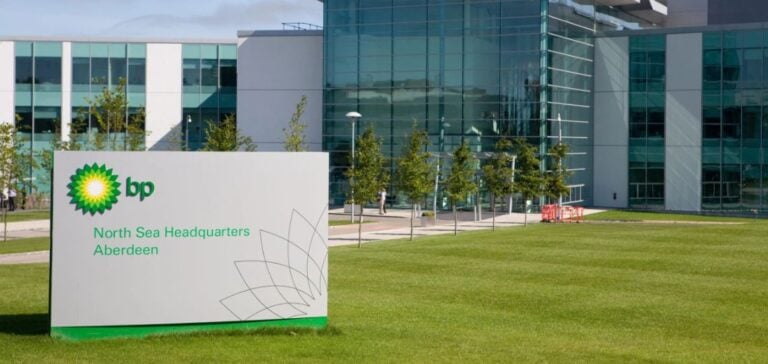Energy giant BP (British Petroleum) recently announced a profit of $2.3 billion for the third quarter of 2024, marking a 30% decrease compared to the previous year. This figure, although slightly above analyst expectations, is the lowest recorded in four years. This decline in performance comes in a challenging economic climate, characterized by a global drop in energy demand, particularly in China.
A slowing global economy and pressured margins
The current global economic context is heavily impacting BP’s refining margins, reducing the profitability of its operations. In Asia, and specifically in China, the slowdown in oil consumption has contributed to the group’s reduced profits. BP’s key sectors, such as refining and oil trading, are affected by this trend, which further weakens the company’s financial performance.
Dividend stability and share buyback program
Despite the profit drop, BP is maintaining its dividend at 8 cents per share and is proceeding with its share buyback program, allocating $1.75 billion to this initiative over the next three months. This approach reflects BP’s commitment to its shareholders, providing them with stable returns even during periods of reduced profits. By stabilizing its share value, BP aims to reassure investors of its financial solidity despite current challenges.
BP’s evolving financial results
With a $2.3 billion profit for this quarter, BP records a significant decrease from the $2.8 billion in the second quarter of 2024 and the $3.3 billion from the third quarter of 2023. These figures highlight BP’s challenges in an uncertain environment, where market volatility and the shift towards renewable energy strongly influence outcomes.
BP’s outlook in a changing market
In this context, BP’s CEO, Murray Auchincloss, is committed to developing renewable energy projects to meet investor expectations for sustainability and energy transition. Increasing pressures push BP to diversify its activities and strengthen its investments in low-carbon technologies. While dividend maintenance and share buybacks bring some stability, the group will need to continue adapting its strategy to stay competitive in an evolving sector.
Ultimately, BP faces crucial strategic choices to maintain its position in a transforming energy market. Its ability to balance short-term returns with long-term commitments to more sustainable solutions will determine its future and its resilience to current economic uncertainties.






















